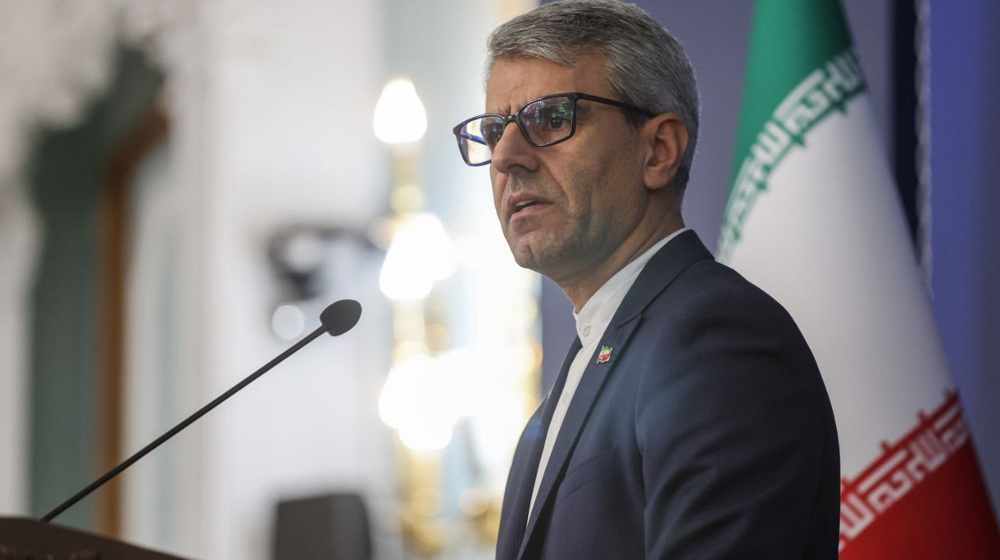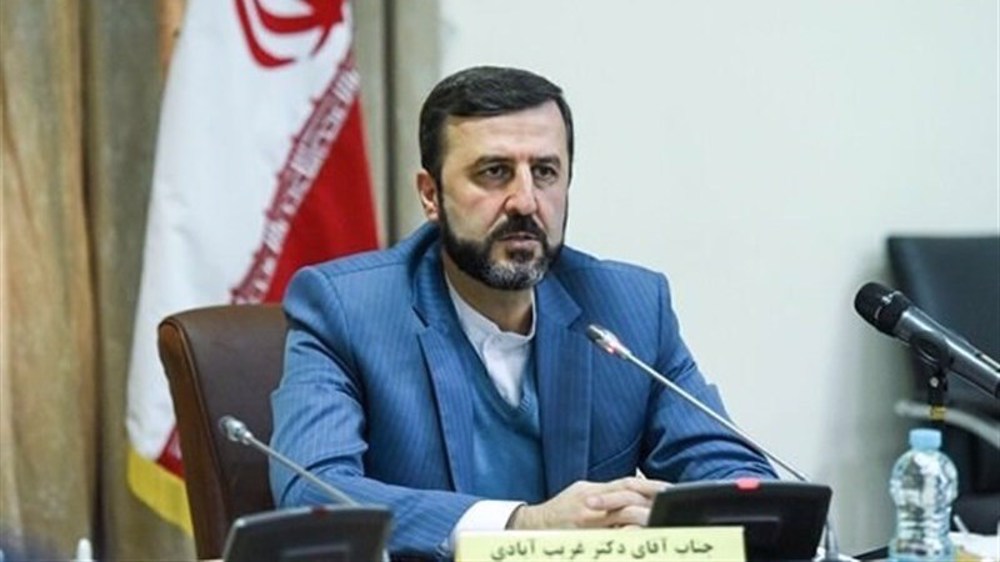Spy virus linked to Israel hit Iran talks hotels: Report
A new report reveals that a computer virus, widely used by Israeli spies, had attacked the venues of nuclear talks between Iran and the permanent UN Security Council members plus Germany (P5+1).
Reporting on Wednesday, the Wall Street Journal (WSJ) said Cybersecurity behemoth Kaspersky Lab, which had itself been attacked by the virus, tried to find out what the spyware’s other targets were.
Among other places, the search returned three luxury European hotels, which had been hit before hosting talks between Iran and the P5+1 group of world powers -- the United States, Britain, France, China and Russia plus Germany -- on Tehran’s nuclear activities.
The company itself is to announce the discovery later in the day. The development could serve as “the first concrete evidence that the nuclear negotiations were targeted and by whom,” the journal wrote.
The spyware has been characterized as an invigorated version of the Duqu virus, associated with Tel Aviv’s “most sensitive intelligence-collection operations,” the paper wrote. Accordingly, the Kasparsky report is titled “The Duqu Bet,” Bet being the second letter of the Hebrew alphabet.
A senior US congressional aide briefed on the matter said Kaspersky’s findings were credible. “We take this seriously,” the aide said.
The venues, which have been used to host the talks, include the Swiss hotels of Beau-Rivage Palace, Royal Plaza Montreux, the Intercontinental, the Hotel President Wilson, as well as the Palais Coburg in Vienna and the Hotel Bayerischer Hof in Munich.

Asked whether it had come under any hacking attack, the management team at the Royal Plaza said, “Our internal policy doesn’t allow us to deliver any information.”
Back in March, the WSJ also reported that Israel was spying on the nuclear negotiations, a development, the paper said, senior US officials had found about in 2014.
The paper said Israel’s spying work gave the highest priority to the matters concerning Iran.
Iran and the P5+1 are seeking to arrive at a comprehensive deal over Tehran’s nuclear program by June 30. Tehran and its negotiating partners have been working on the text of the final deal since they reached a mutual understanding on key parameters of such an accord in the Swiss city of Lausanne on April 2.
HN/HMV/GHN
Pezeshkian calls recent riots in Iran part of ‘failed’ US-Israeli war
UK ‘preemptively’ discharges pro-Palestine hunger strikers recovering in hospital
US dollar falls in Iran amid rising export currency supply
Trump’s ‘Board of Peace’ for Gaza an extension of Israeli occupation: Ex-UN rights chief
IMF expects Iran’s economy to grow by 1.1% in 2026
Over 9,350 Palestinians held in Israeli prisons as of early January: Rights groups
VIDEO | Press TV's news headlines
Israel plans to seize Palestinian-owned land in occupied East al-Quds










 This makes it easy to access the Press TV website
This makes it easy to access the Press TV website